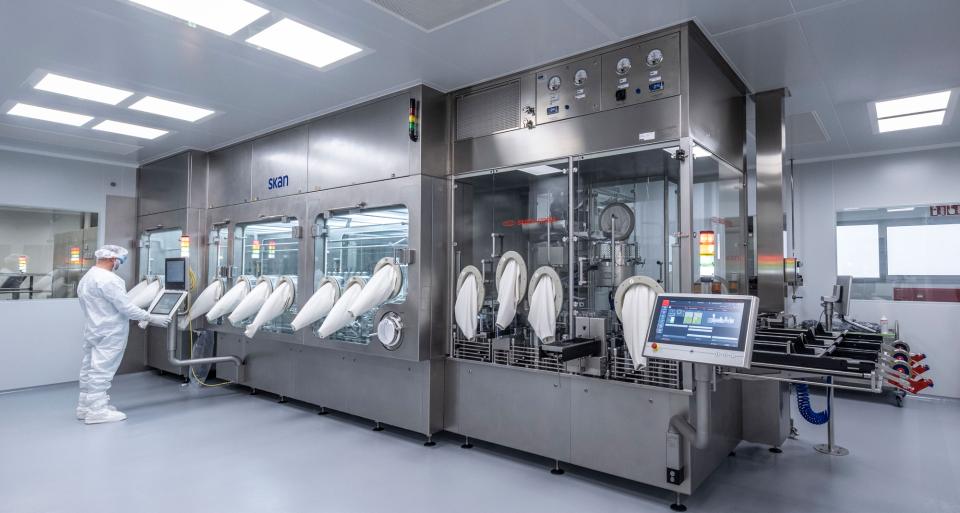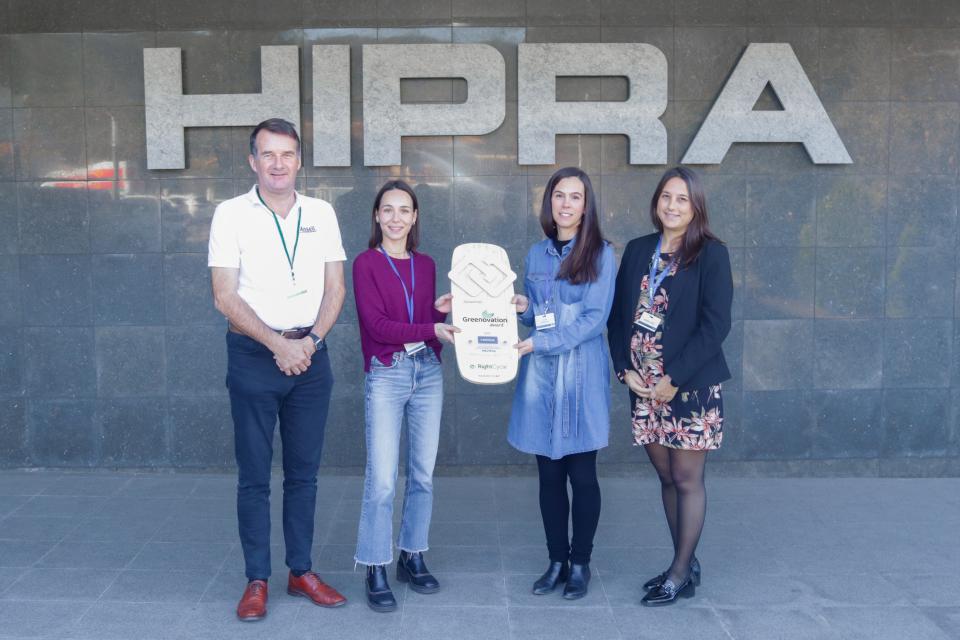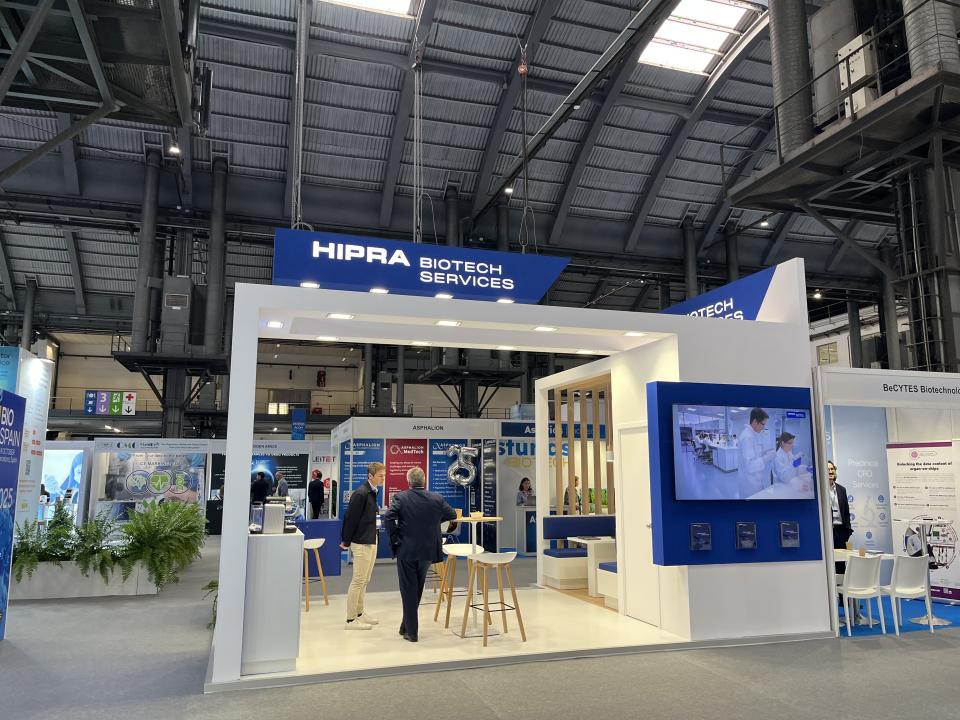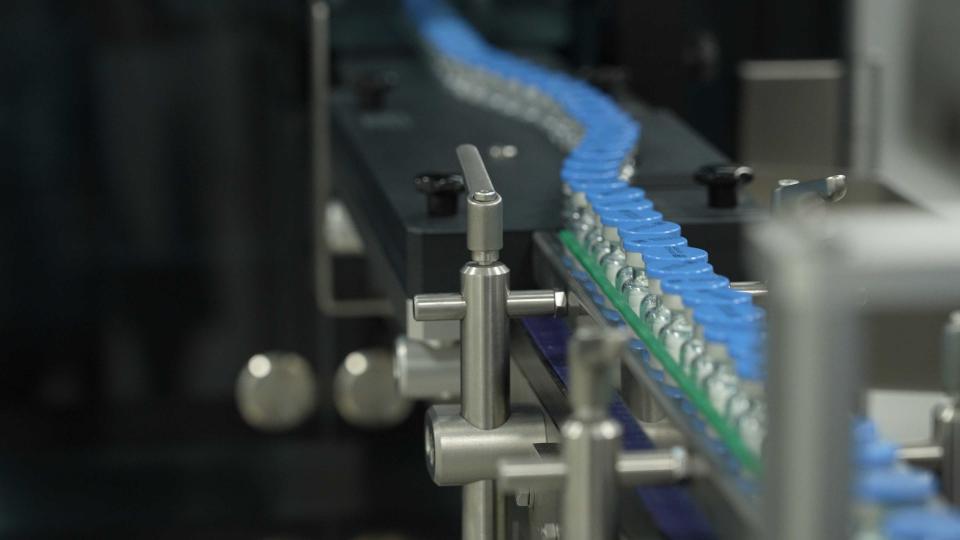The Santa Clara primary care centers in Girona, Anglès, Cassà de la Selva and Banyoles, together with the Digestive Service of Trueta and Santa Caterina hospitals, and in coordination with the Girona Territorial Clinical Laboratory, have launched a study to evaluate the incorporation of a test based on fecal microbial markers for the diagnosis of irritable bowel syndrome.
The study will include nearly 970 people with symptoms consistent with this syndrome, which affects approximately 11% of the European population and prompts more than 60% of those affected to consult medical personnel. Currently, diagnosis can be delayed because it requires multiple visits and tests to rule out other possible diagnoses, placing a burden on both patients and the healthcare system.
In a previous phase, the Digestive Service evaluated the impact of using this test, developed by the biotechnology company GoodGut (part of the HIPRA group), which allowed for the diagnosis of 88.2% of patients, and reduced additional tests in 70.6% of cases, in addition to lowering the average cost of diagnosis from €1,723.98 to €662.93 per patient. Based on these results, the possibility of using it in primary care—the patient's first point of contact before being referred to hospital gastroenterology specialists—was proposed, with the goal of increasing problem-solving capacity, reducing waiting lists, and shortening diagnostic times.








